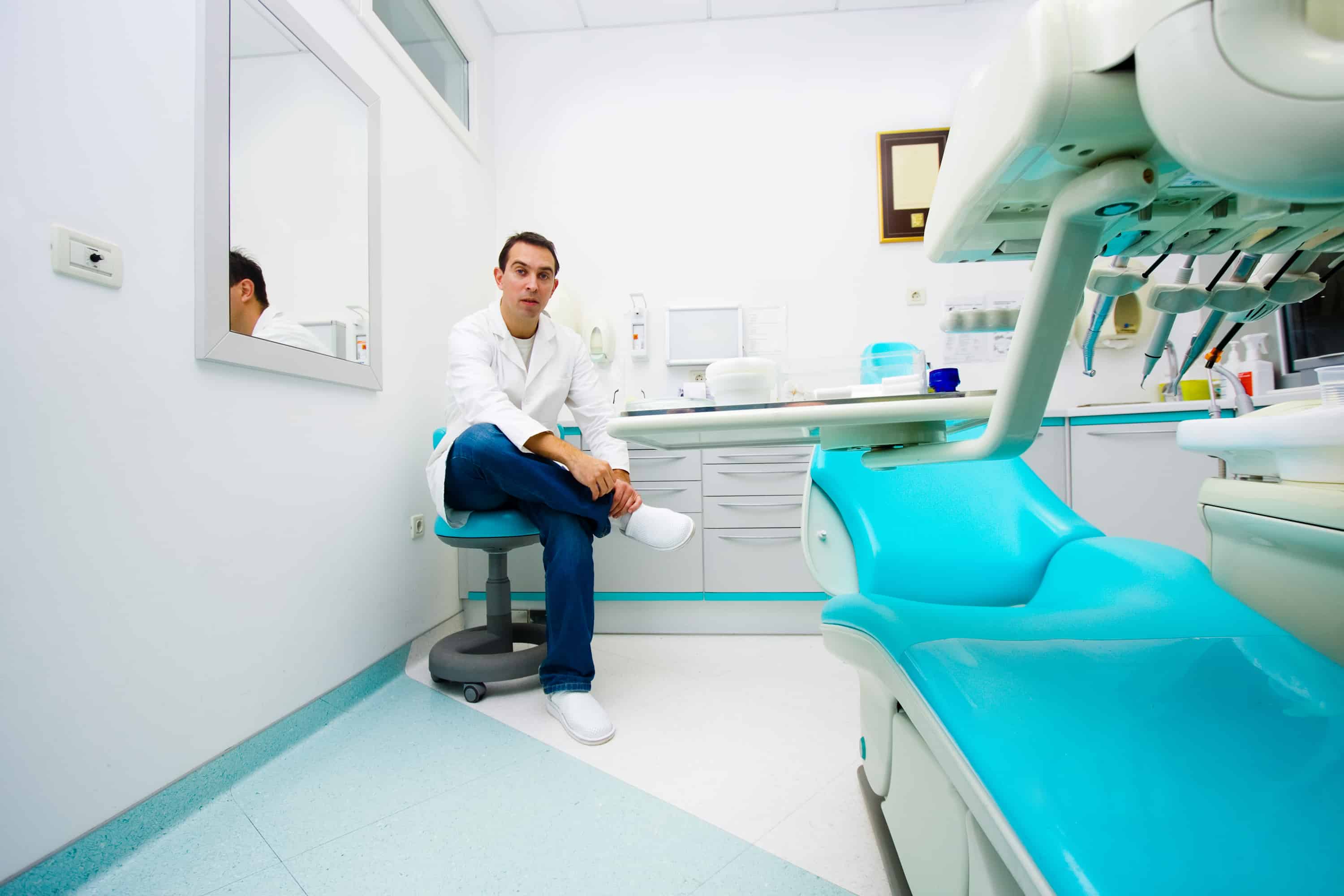Feel Bad About Selling To Patients?

Let’s start off with a simple question. What is selling? Selling is to persuade or induce someone to purchase from you. We’ll come back to this later.
Some dentists have a belief that when creating a treatment plan and adding high-end specific treatments onto a plan it is unethical and feel uncomfortable when giving the patient options. Unethical because as a dentist you shouldn’t be persuading patients to part with their cash for top-end treatments when cheaper alternatives are there that also resolve the problem.
They have a belief that they will be pestering or in some cases ‘offending’ the patient by offering high-end options as the patient is only interested in the cheapest option resulting in the dentist saving their time and reputation as a money-grabbing dentist. They just want to be the friendly happy dentist who doesn’t want to mither the patient and wants to be loved by everyone.
Some other beliefs;
The patient wants to visit their dentist for a regular examination and if there is a dental issue, to be given the cheapest option to resolve it.
The patient doesn’t like to spend money on dental care. Partially true but depends on what they are purchasing and if it is in their interests.
My patients don’t have money. You’ll be surprised!
What if you are actually neglecting the patient by not even offering a cosmetic alternative option?
Let’s use an example.
NHS patient has 3 teeth missing. UL1, UR2 and UR4. Age 60.
The NHS option is an acrylic partial denture. This is the standard and cheapest lab option to save your lab fees.
Your other private options could include implants, a flexi denture or a more aesthetically pleasing partial denture.
The patient’s dental dilemma can be resolved with all the options but most likely they will go for the cheapest. The NHS option. It’s in their interest to save money at their dental visit.
Dental implants are the best but for 3 implants, the patient would be looking at approximately £7500. Compared with £215 on the NHS that is a lot.
Compared with a life of losing confidence whilst eating and speaking in public then how much is it worth? Especially if they are single and one day have to tell their new partner they wear a denture!
The patient may say they can’t afford £7500 and it is too much for them even after offering finance and showing examples of how beneficial it can be.
Now the options are the cosmetic dentures or NHS. At this point is it even worth advising the patient to go for the cosmetic option? Does it become too unethical for you?
It shouldn’t because as a dental professional you know both do the same job, but one does it much better with a better aesthetic appeal and better fit.
If you had no money worries and had to choose out of the 2 dentures, which one would you choose? The cosmetic denture, right?
By the way, never judge a patient’s financial status by their appearance and behaviour. Ever wanted to go to a holiday with your friends or family but realistically didn’t have the money there and then to book the flights etc. but you still made it and enjoyed your holiday? Where there’s a will there’s always a way, always!
You are not working unethically when you advise the patient of their best option because the best option is simply the best option. Not the only option but it is the best option. By you not offering the best option, you are neglecting the patient’s options and choice. Sometimes even judging their financial status and beliefs about themselves.
This is not called selling, this is persuading the patient, what is good for them using your well-earned and paid for, dental knowledge. It’s in your best interest to offer the best option and in an ideal world it ‘should’ be the patients best interest too.
Example; Chicken salad is always more expensive than a cheese mayo butty but which would you rather choose? Chicken salad looks better, tastes better and is better for you in the long run. Both do the same job in satisfying your hunger.
It is exactly the same with high-end dental treatments. They look better, feel better, in some instances are more durable and are better for you in the long run as they can help boost confidence and will make the patient smile more often in public than the cheapest option. The difference between the cheapest and moderately pricey/best option is sometimes much more than you think.
Use your knowledge to guide the patient to the best option – this is not selling. Patients don’t have the knowledge you do hence why it is your duty to explain to the patients the benefits and to persuade them to go for the best, as you know how much of an impact it will have on them in the long run. People always want the cheapest but provided with the right knowledge, they will choose what is best for them regardless of the cost.